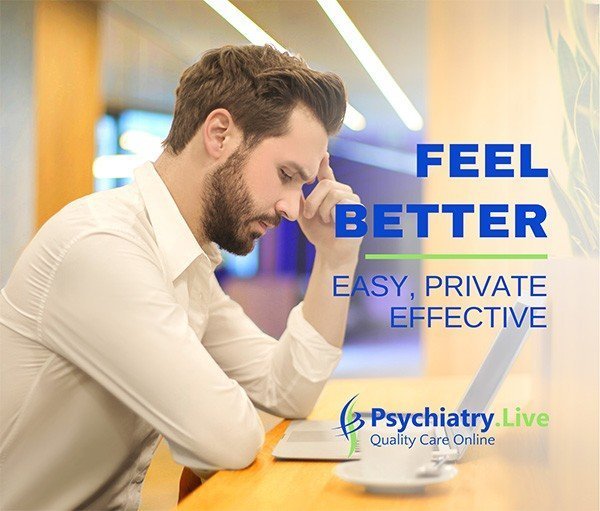Pregnancy can be an emotionally overwhelming experience for just about anybody. But for women with Post Traumatic Stress Disorder (PTSD), it can be downright scary. Sadly, there doesn’t seem to be a lot of information to be found about how PTSD can impact a pregnancy, leaving many moms-to-be with even more questions and concerns.
The few studies that examined how PTSD affects pregnancy are mixed. Some say women with PTSD experience fewer symptoms when expecting, while others cite higher risk of complications due to PTSD. However, the studies did find that PTSD symptoms during pregnancy require treatment and care just as much as the pregnancy itself.
Self-Care During Pregnancy is Key
Self-care during pregnancy is important for all women, but it is particularly necessary for those suffering from PTSD. Without a keen sense of how you are feeling and putting your emotional needs first, you may find your mental health will begin to deteriorate.
If you are living with PTSD and are pregnant, here are some things you can do:
Make Coordinating Your Psychiatric and Prenatal Treatment a Priority
It is really important that you are completely transparent with all of your doctors during this time and share critical information. For instance, maybe you’ve told your therapist that you are pregnant, but neglected to mention that you’ve stopped taking your medications at the recommendation of your OBGYN. Maybe your OBGYN knows you have taken antidepressants in the past, but does not know you are currently battling PTSD. Not sharing pertinent information with your specialists will make it difficult to determine the right treatments at the right time.
Be Realistic with What You Can Handle
Now is not the time to try and be superhuman. Instead, be realistic and set your priorities. Do the dishes really need to be washed? Do you really have to return those emails? What about painting the nursery? The answer is no, those chores can wait. Focus on getting rest and relaxation while you can.
Talk with Family and Friends
Keeping your emotions and concerns inside will not help you manage your pregnancy. You will require a loving support group of family and friends that understand what you are going through, as best they can. Openly discussing your pregnancy and PTSD can provide strength and comfort during those particularly rough times.
If you are experiencing symptoms of PTSD and are pregnant, but are not currently working with a therapist, consider doing so. They will be able to help you navigate your anxiety and depression during this very crucial time.
If you would like to explore treatment options, please contact me. I would be more than happy to discuss how I may be able to help.


